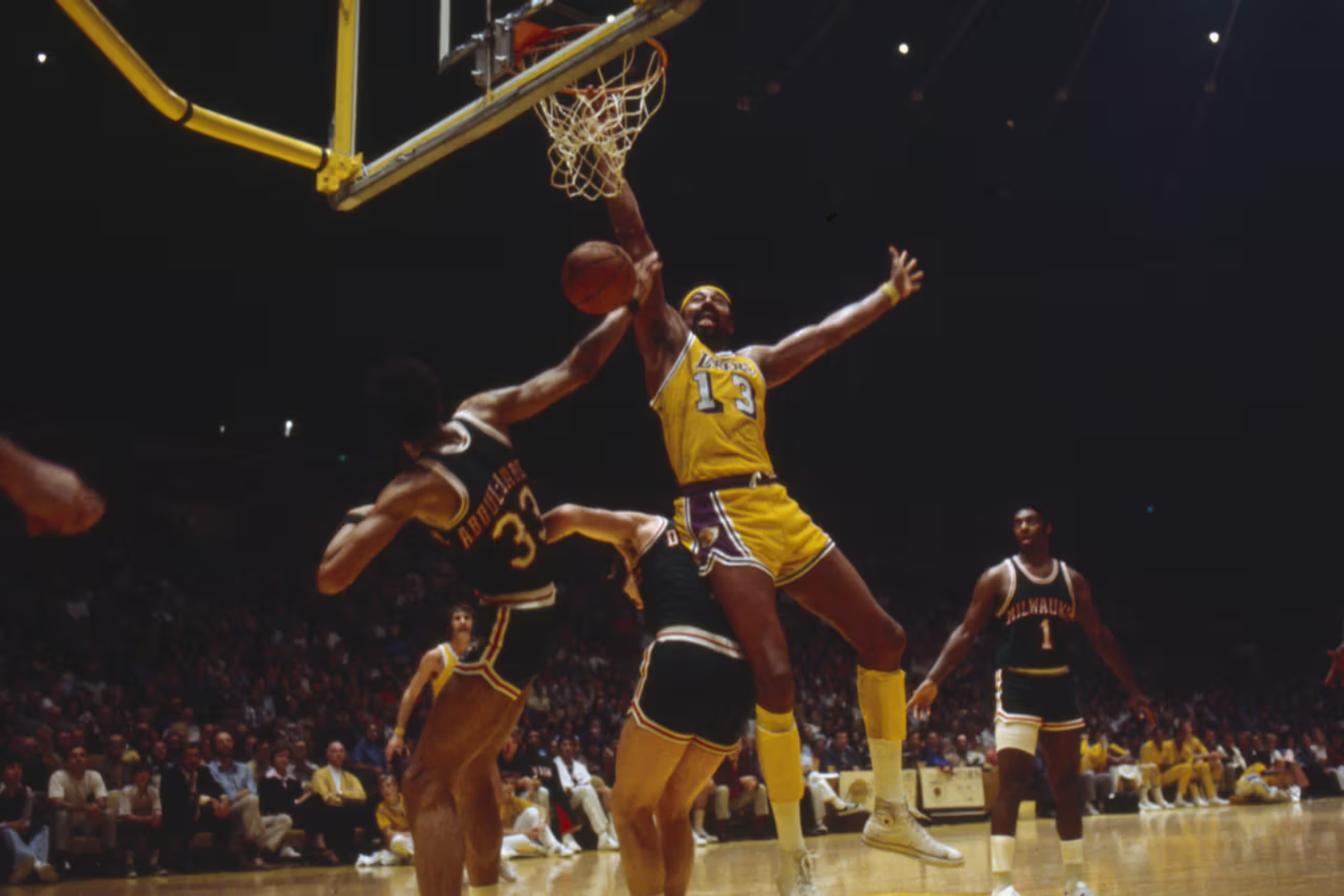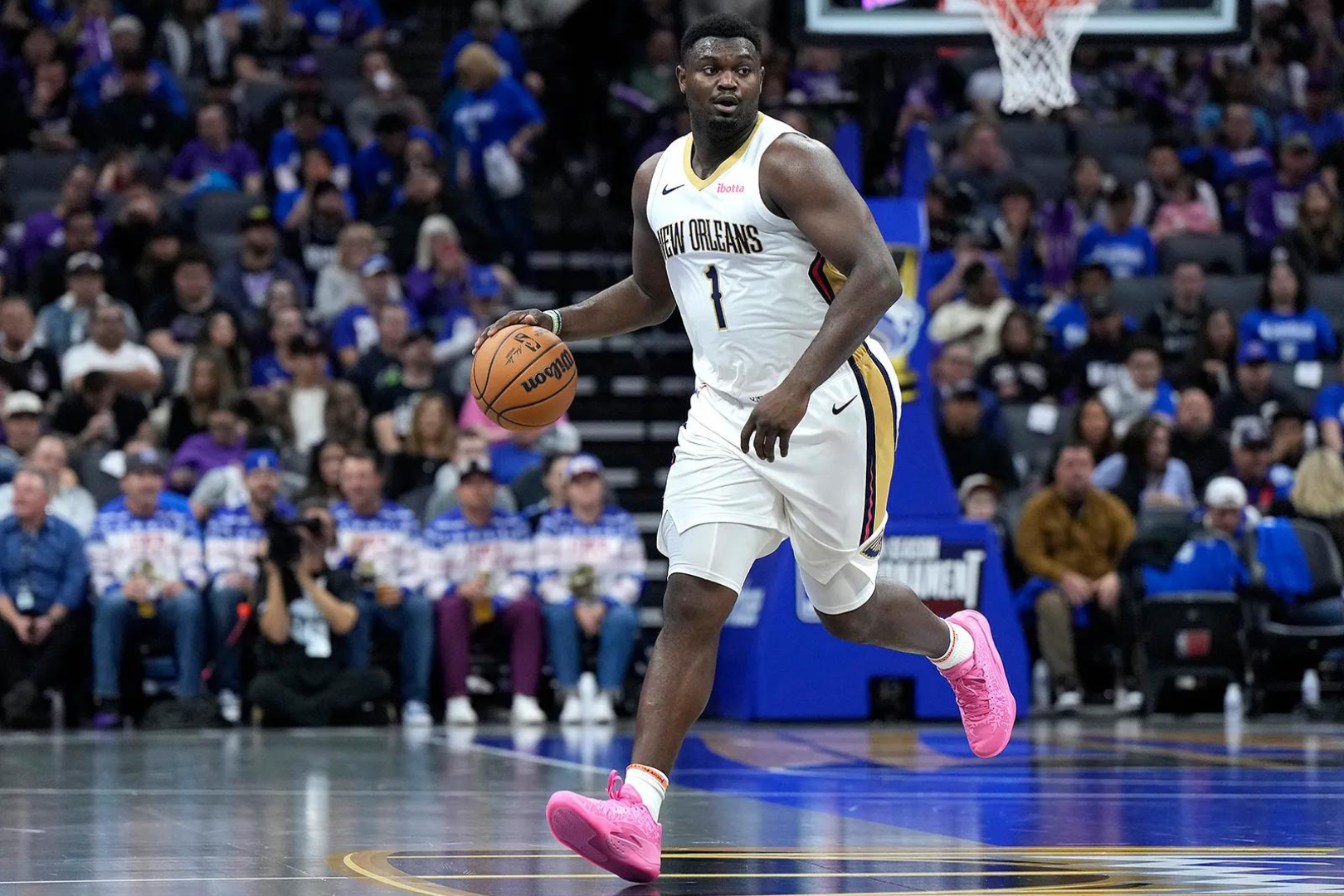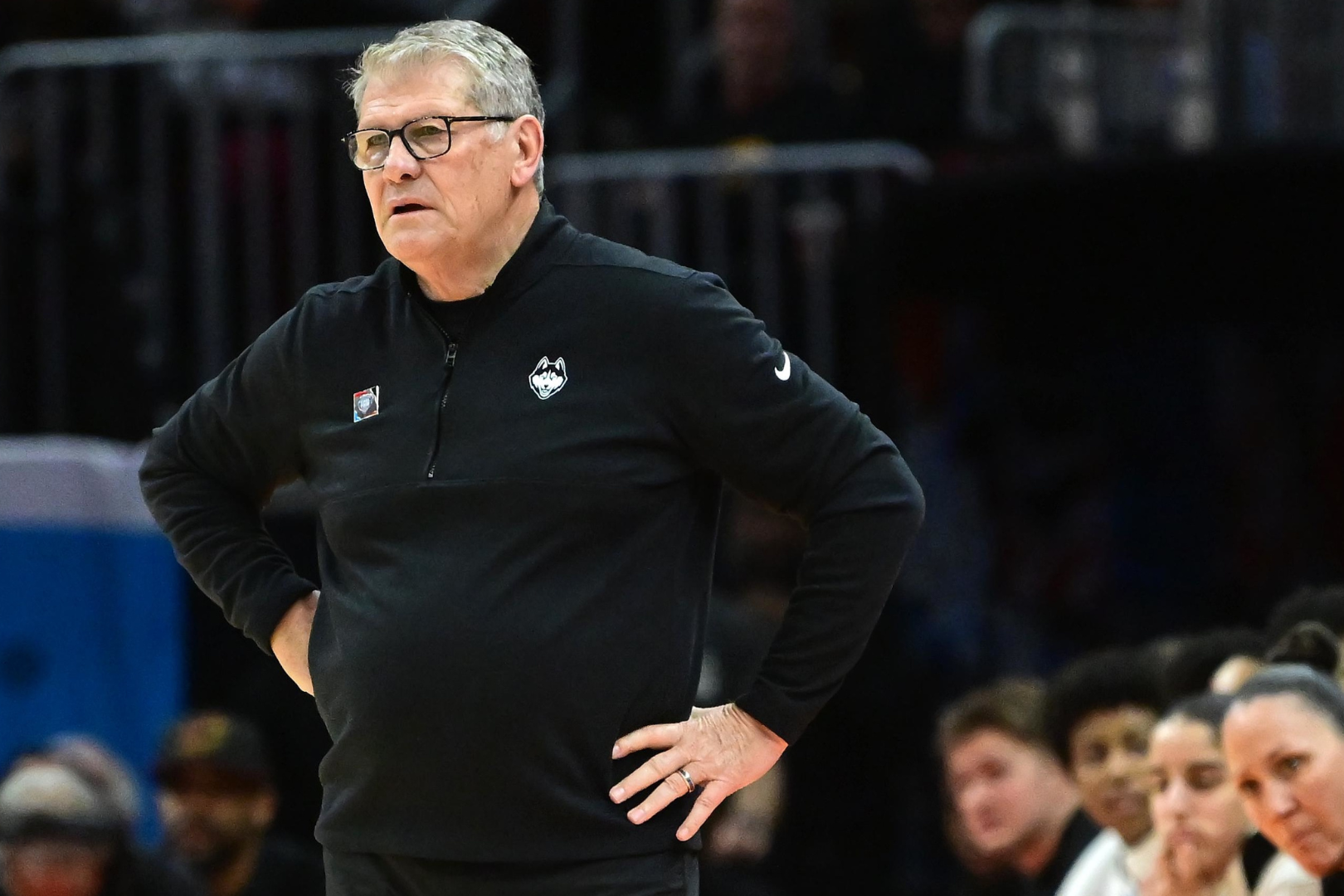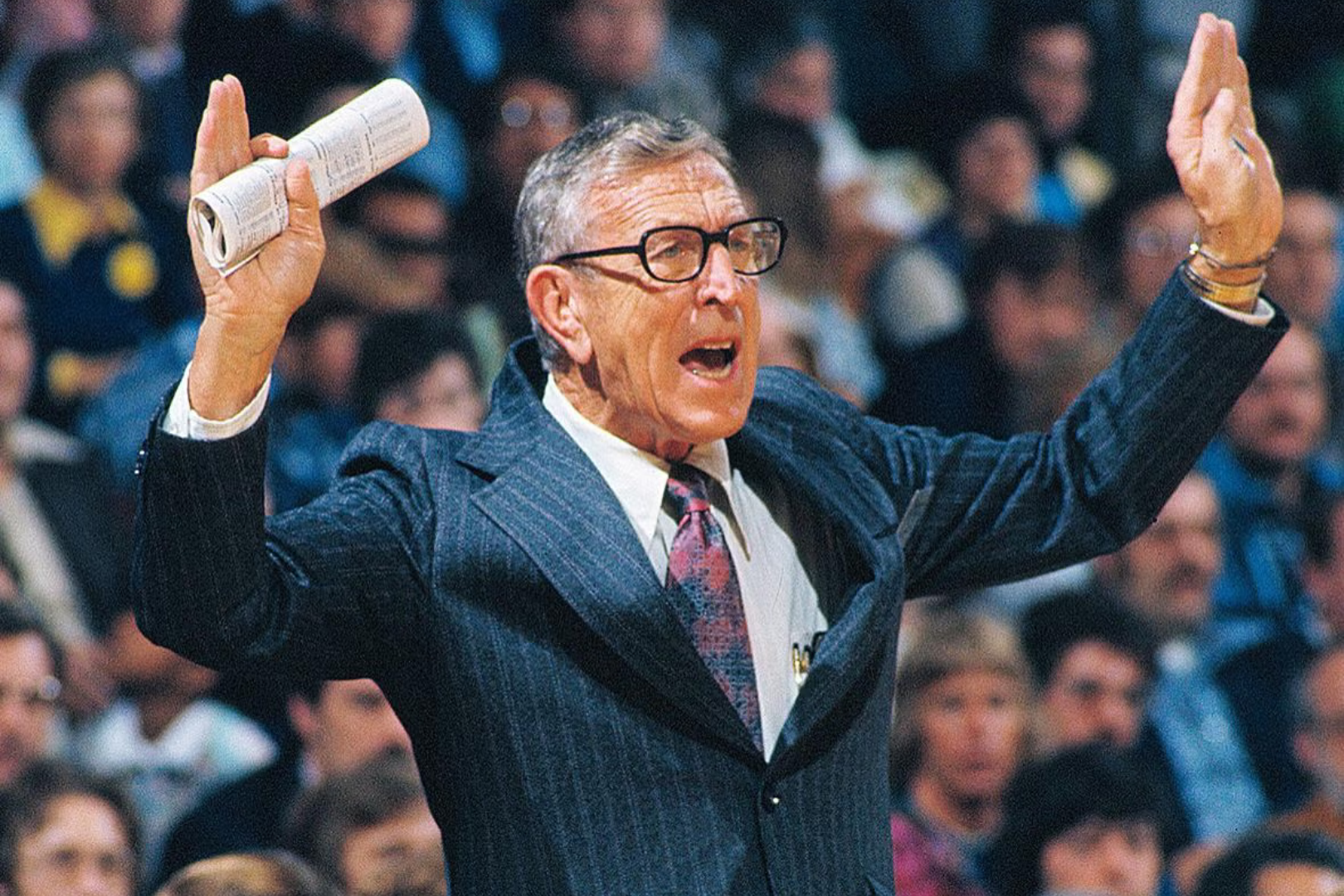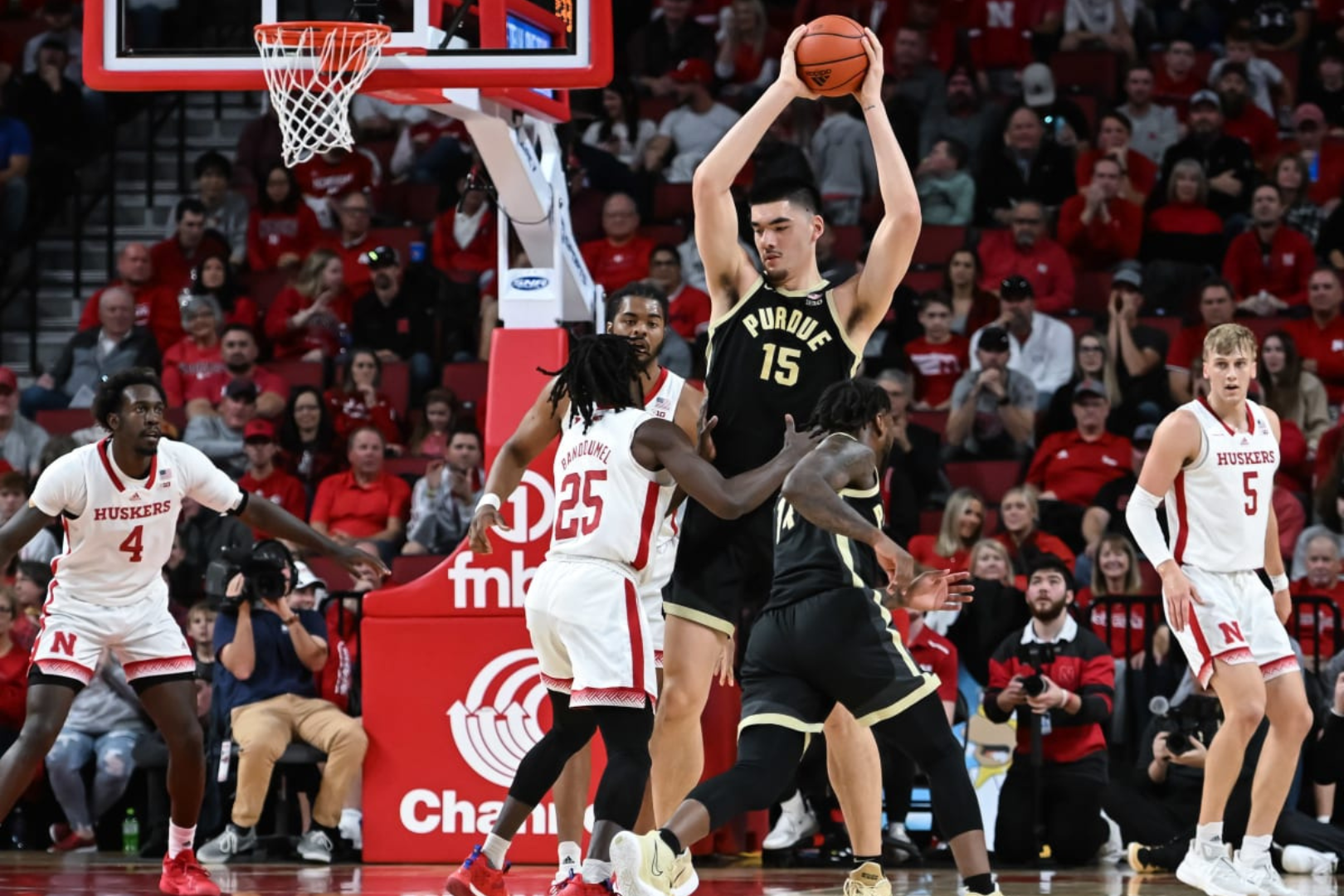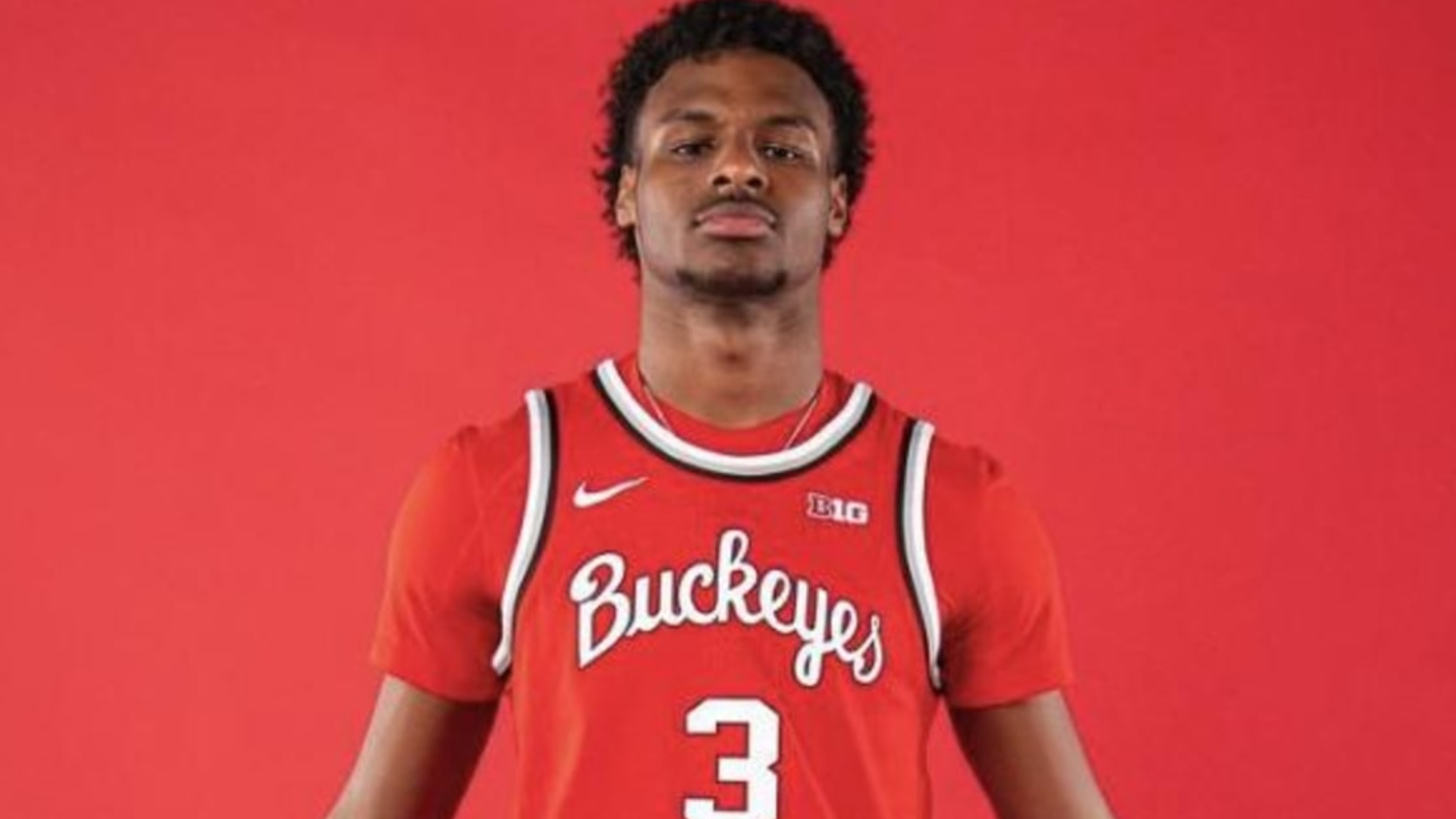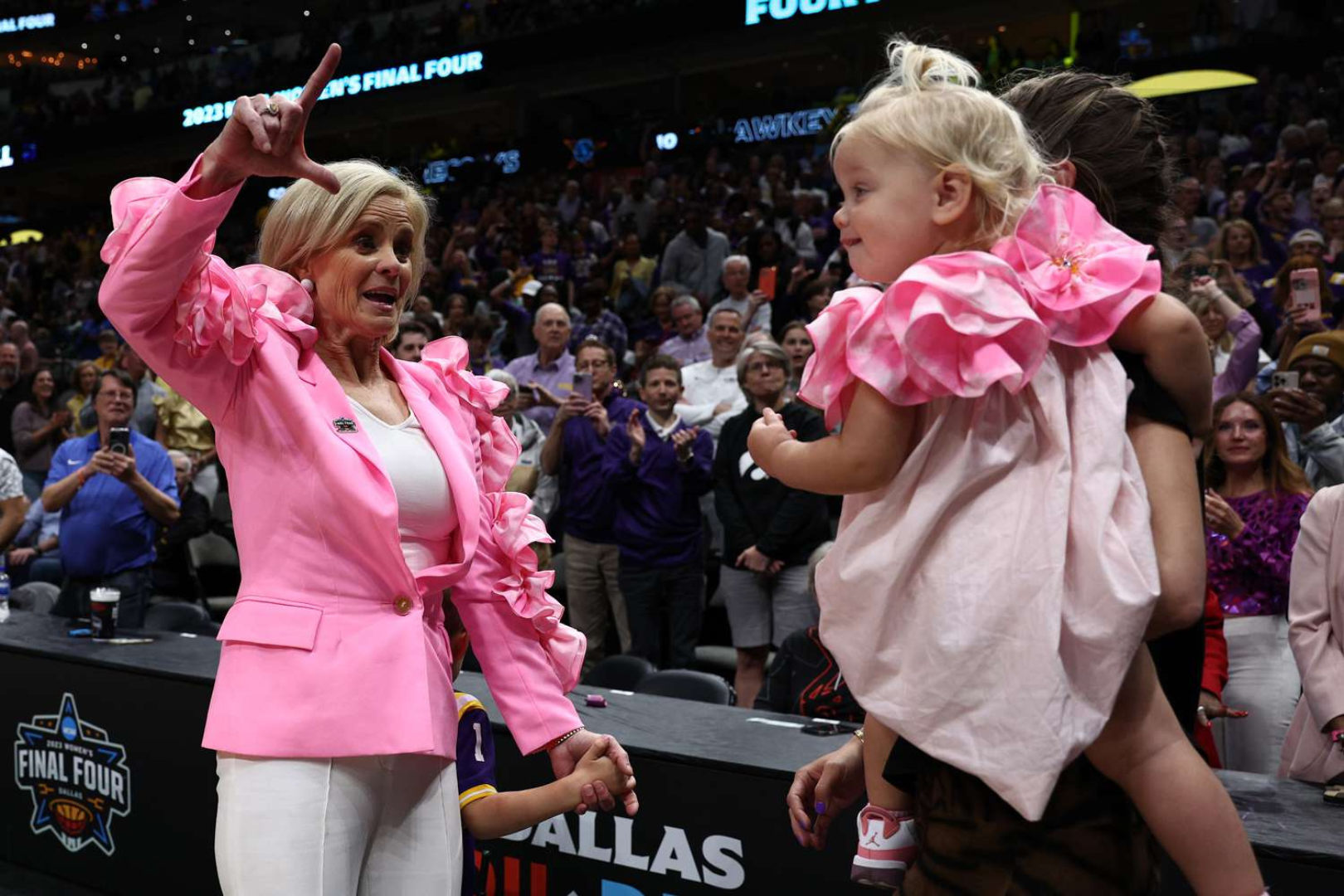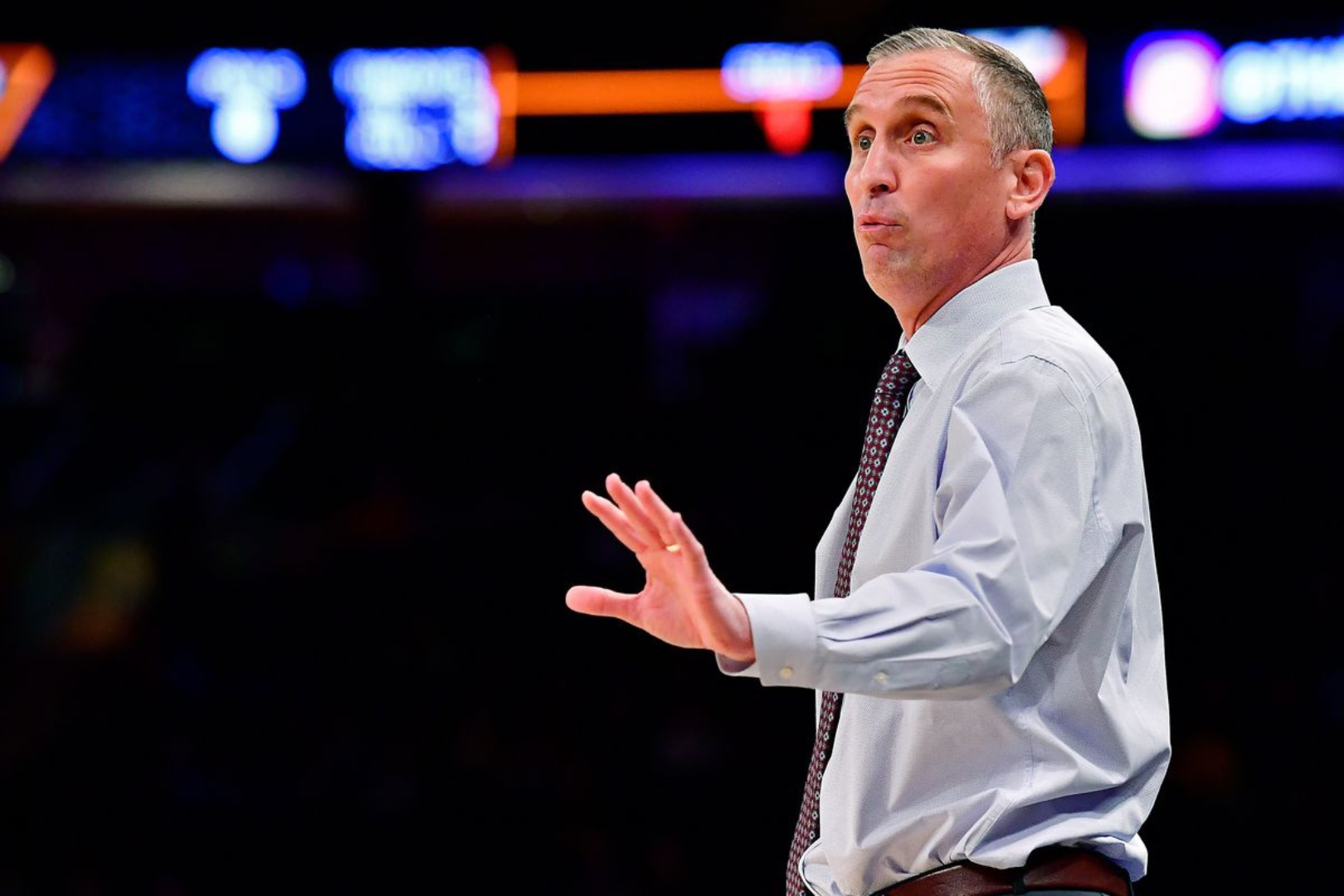
Can NIL athletes have agents?
Can NIL athletes have agents?
By Justin Rubin June 16, 2023 11:12
The recent changes in legislation allowing Name, Image, and Likeness (NIL) rights for college athletes have opened up new opportunities for these athletes to monetize their personal brands. With the potential for significant earnings through endorsements and other business activities, many student-athletes are now exploring the possibility of hiring agents to represent them in their NIL deals. However, there are several important considerations for student-athletes to keep in mind when it comes to working with agents.
Firstly, it is important to understand the regulations and requirements for NIL representation in different states. As outlined in Your Guide to State NIL Laws, regulations vary based on state laws and school policies, including restrictions on certain types of products athletes can endorse, use of school logos and other intellectual property, and deals that conflict with the school's existing sponsorship agreements. Student-athletes must ensure that their agents are aware of these regulations and are able to navigate them effectively.
Another important consideration is the fees charged by agents for NIL representation. As noted in the NCAA's policy shift, student-athletes are permitted to receive NIL-related compensation from third-party endorsements and other business activities without jeopardizing their NCAA eligibility, provided they follow the requirements prescribed by their states' laws and their schools' NIL policies. However, there may be restrictions on the amount of commission that agents can charge for their services. It is important for student-athletes to research the regulations in their state and ensure that they are not being charged excessive fees by their agents.
While some agents may have experience and a strong reputation in the sports marketing industry, others may not. It is important for student-athletes to carefully consider the credentials and track record of any potential agents before signing on with them. As noted, college sports do not have unions like professional athletics, which typically negotiate group deals for athletes. This means that individual student-athletes may need to rely more heavily on the expertise of their agents when it comes to negotiating NIL deals.
However, there are potential downsides to negotiating a NIL deal without the help of an experienced agent or representative. As noted, regulations vary based on state laws and school policies, and there may be restrictions on the types of products that student-athletes can endorse or the use of school logos and other intellectual property. Without the guidance of an experienced agent, student-athletes may be at risk of inadvertently violating these regulations, which could have serious consequences for their eligibility to compete.
It is also worth noting that not all sports marketing firms charge commission fees on NIL deals negotiated for student-athletes. As mentioned, the NCAA has asked Congress for help in creating a federal NIL law, which could impact agreements and deals that have already been entered into by athletes and institutions. In the meantime, student-athletes may want to consider working with firms that have a more ethical approach to NIL representation.
Ultimately, the decision to work with an agent for NIL representation is a personal one that each student-athlete must make based on their individual circumstances. It is important for student-athletes to carefully consider their options and ensure compliance with NCAA regulations and their school's contracts. With the right guidance and representation, student-athletes can maximize their earning potential through their NIL rights and build their personal brands in a responsible and sustainable way.
In conclusion, the recent changes in legislation allowing Name, Image, and Likeness (NIL) rights for college athletes have opened up new opportunities for these athletes to monetize their personal brands. While working with an agent for NIL representation can provide valuable guidance and expertise, student-athletes must carefully consider the regulations and requirements in their state and ensure that they are not being charged excessive fees by their agents. By working with reputable firms and navigating the complex landscape of NIL representation with care and diligence, student-athletes can make the most of their NIL rights and build a successful career both on and off the field.














































